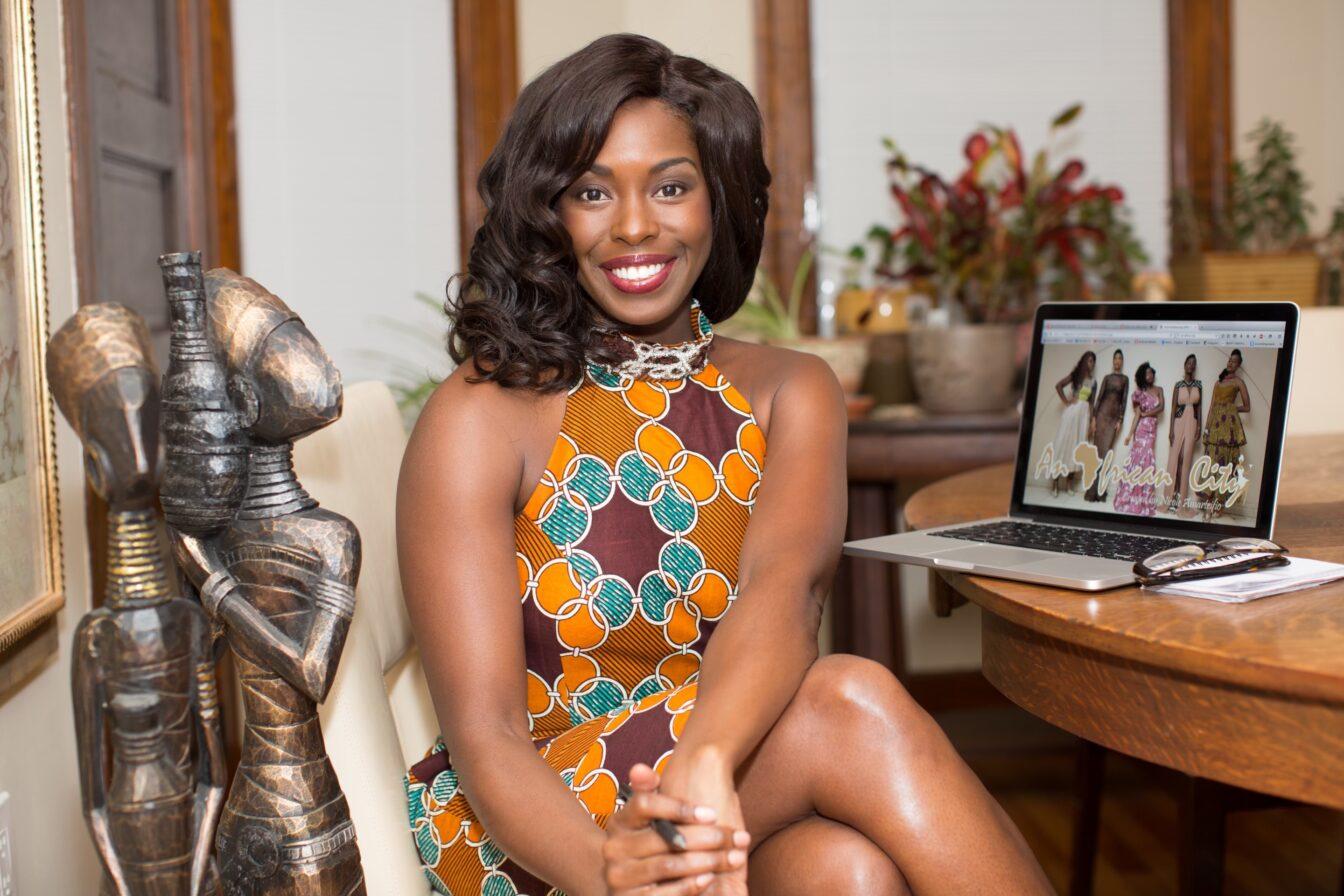Freelance journalist Erica Ayisi spoke at an event at the University of Wisconsin held by the Institute for Regional and International Studies National Resource Center and the Pulitzer Center Thursday. The event was entitled “Reporting the Global Black Experience with Pulitzer Grantee Erica Ayisi.”
Ayisi grew up in central Massachusetts to West African immigrants and received a bachelor’s and master’s in communication arts from the New York Institute of Technology.
Ayisi talked about her previous work on the impact of African culture on the world. She has written articles about the international hair trade, surfing, atheism, colorism, climate change, ballet and much more, all focusing on the Black experience.
“I hope to share some of the inspirations behind my work and my professional experience reporting the global Black experience in Africa, the global African Black diaspora and beyond,” Ayisi said.
Ayisi knew from a young age that she wanted to work in journalism and global affairs. She wanted to uncover stories and share them with the world through journalism. She felt that journalism was also a way to document history.
Ayisi’s event spoke mostly of the work she has done and explained the impact of the stories she has told through journalism.
An article she focused on was “Made in Cambodia: How Women in Poverty are Supplying America’s Market for Hair.” The article looked at the exploitation of women in Cambodia for their hair, which is purchased from them for low prices and then sold internationally for a massive upcharge with prices entering triple digits.
Ayisi said the focus of the story was to humanize the hair that people buy for beauty and to share the story of the person behind it — why they sold it, where it came from and more.
Ayisi also spoke about how the article was developed, from going to Cambodia and speaking with people that sold their hair to going to hair markets, explaining how women sold their hair due to land grabbing and gentrification. She said people in the markets had trash bags full of hair to sell to others and were also buying trash bags full of hair.
Ayisi is also working on opening the Pan-African Heritage Museum in Winneba, Ghana.
“We are not a monolith,” Ayisi said about Black people. “Our history does not begin with slavery.”
Ayisi’s talk can be viewed online, as well as on her website with all of her articles.


